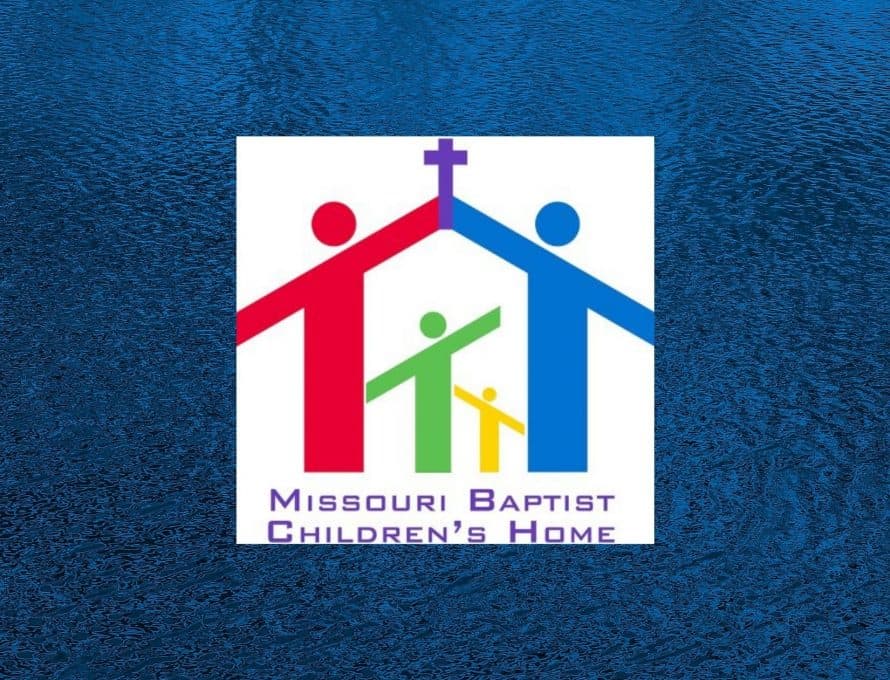At MBCH Children and Family Ministries we work very hard to reunite each child in state custody with his or her biological family. We do this because families are the best place for children to grow and flourish. If the biological family cannot stabilize, we look for other family or kin who want to be family for the child in our care.
Many of the children served at MBCH come to us with emotional, behavioral, and physical challenges that prevent them from succeeding in a more traditional family setting. Many of the children program have already experienced multiple placement disruptions and need a more intensive level of service in order to succeed. These children may have challenging behaviors that can cause the child to have multiple foster care placement changes and can cause relatives to hesitate to be a placement or permanency resource.
When a relative accepts placement of a child who is in the custody of the State of Missouri, they are required to complete the licensing and assessment process to receive monetary assistance for caring for the child. However, when a child’s trauma causes that child to have challenging behaviors, the minimum training is often not enough to equip a relative or foster parent with adequate skills to assist the child in healing and learning how to self-regulate. In these situations, relatives and foster parents need more support and more training for the child to be successful in their home. Children with challenging behaviors are often referred to our Treatment Family Care (TFC) Program.
Mike, an 11-year-old boy, was referred to the TFC program at MBCH Children and Family Ministries had Mike. He was not doing well in his first home. Mike was one of those children you could look in the child’s eyes and know if he did not receive the right services and support soon, he would be another statistic. Mike was moved from his first TFC home to a long term Residential Facility.
Our TFC program followed staff the case through this process and Mike was moved to a different TFC home. He had a relative, Aunt Mae, who had previously cared for him for a short time but did not know how to manage his challenging needs. Because Aunt Mae struggled with parenting Mike, his team was concerned with using this relative as an option for permanency. After talking with her, it was clear that she wanted to support Mike, but didn’t have a personal reference for what good parenting looked like or know how to support him through his trauma. We gained permission for Aunt Mae to start trainings on trauma, and she was open and receptive.
Once Mike was settled into the current TFC placement, he and his aunt started having visits. The foster parent then started inviting Aunt Mae to Mike’s sports events and other activities allowing her to see how the TFC Parent interacted with him. When the sports activities happen on the weekend, during their visits, Aunt Mae took Mike to his games and the foster parent supported her attempts to maintain the same parent support.
The foster parent and the aunt would have conversations, without Mike, to discuss ways to approach the trauma responses Mike was experiencing. Aunt Mae was aware that she could contact the TFC Parent or TFC on call during visits if having any issue with Mike’s response to his trauma. The therapist was also helpful in this process with family therapy and helping them all stay on the same page with Mike’s healing.
When Mike was ready to transition out of the home, the team was a little reluctant. The Relative TFC program had started and with the extra TFC services, the team was willing to see if this might be an option until they could find permanency. During this time, Mike’s foster parent continued to provide support; the therapist continued to see Mike and the TFC Specialist was able to continue to support Mike; and the relative throughout the transition and after placement with the relative.
At the end of the Relative TFC services, the child went to guardianship with this aunt and has been successful in placement. Mike’s guardian still keeps in contact with the foster parent and MBCH TFC Specialist and knows she has support if needed.
Romans 15:1-2 says that “We should help others do what is right and build them up in the Lord.” This situation was a wonderful opportunity for our TFC program to follow that Scripture by building up a relative’s skill so that she can support her nephew though his healing process.

